Virgin Australia cabin crew vote in favour of 24-hour strikes that could throw the Christmas plans of thousands into chaos
Virgin cabin crew have voted 'overwhelmingly' to strike multiple times ahead of the busy Christmas travel period, a move that could jeopardize travel for tens of thousands of passengers over the festive period.
More than 98 percent of Virgin crew members who are members of the Flight Attendants Association of Australia (FAAA) have voted in favor of a series of 24-hour disruptions that threaten to disrupt holiday travel.
The industrial action could lead to flight delays and cancellations, which could have a knock-on effect on the busy period.
The vote received a 90 percent participation rate, with 98 percent supporting the strikes.
The outcome will allow cabin crew to take industrial action under the Fair Work Act, provided they give US Virgin Australia three days' notice.
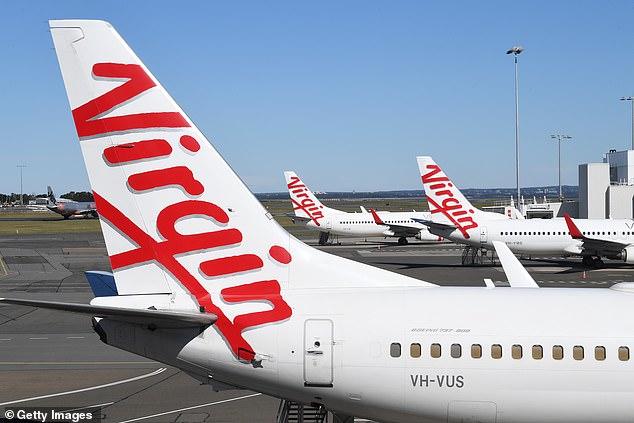
Virgin Australia cabin crew have voted for 24-hour strikes that could throw Christmas travel plans into chaos
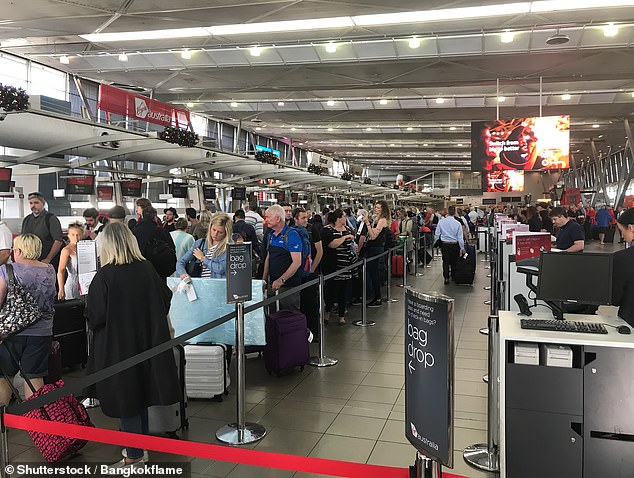
The crew is demanding pay increases and better working conditions and has rejected a $50 million offer from the airline, saying the stop-work action is a “last resort.”
TWU national secretary Michael Kaine said he hoped the move would see Virgin owners Bain Capital sit up and take notice of the negotiating table.
“Protected industrial action is always a last resort, but after three difficult years of pay freezes and punishing rosters to see Virgin roar back to profits, this vote shows that workers have reached the end of their tether,” he said.
Virgin Australia was bought by Bain Capital in 2020 in a move that saved the airline from collapse under Covid border closures.
Wealthy entrepreneur Sir Richard Branson, who co-founded the airline in 2000, saw his shareholding in the airline fall from 10 percent to 5 percent under the deal.
The tycoon will this week welcome his new cruise ship, the Virgin Voyages ship Resilient Lady, to Sydney on its maiden voyage to the port city.
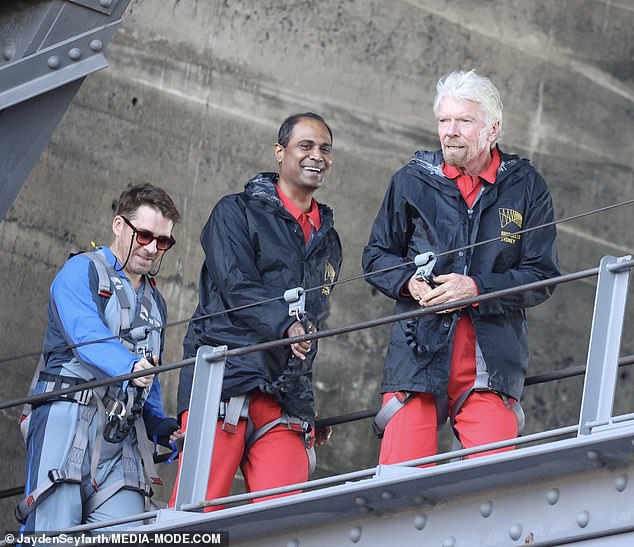
The airline's co-founder Sir Richard Branson will welcome his new cruise ship to Sydney this week
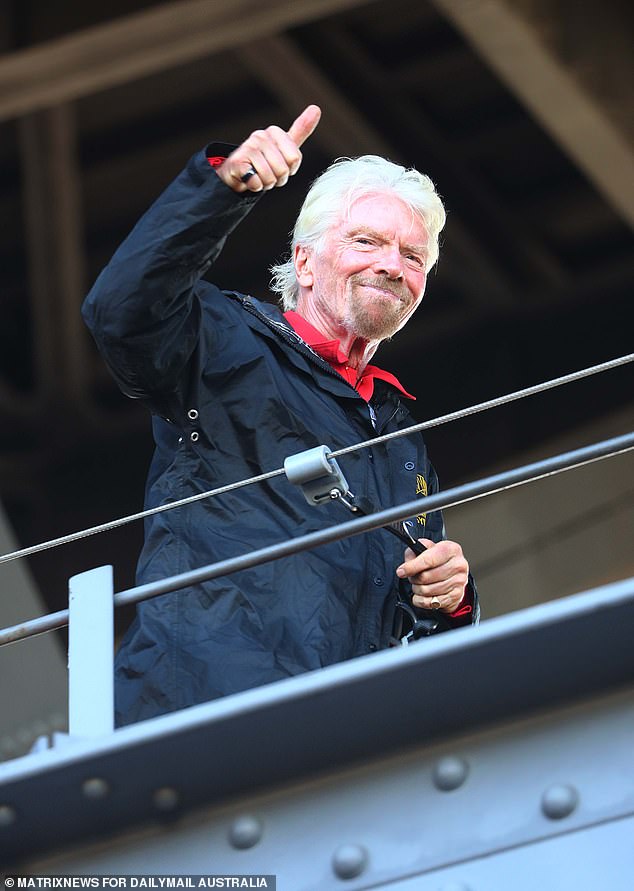
The business magnate still owns a 5 percent stake in the airline, compared to 10 percent under Bain Capital's 2020 takeover deal.
The move was described as “unprecedented” by FAAA Secretary Teri O'Toole, who said the crew is “fed up with taking care of passengers like they are family and being treated like slaves.”
“Virgin's latest pay offer will not lift cabin crew wages above poverty levels,” she said.
'Over the past five years, cabin crew have received a total pay increase of 1.98 percent. Inflation and the sharp increase in the cost of living mean they are struggling to pay rent, food, fuel, household bills and school fees.”
In response to the announced strike action, Virgin has offered staff an extra $150 for every day they work during the summer holidays, The Daily Telegraph reports.
Ms O'Toole compared the 'bonus' to a bribe.
“Dressed up as a Christmas bonus, Virgin's cynical approach is being seen for what it is by Virgin cabin crew,” she said.
A Virgin spokesperson said the airline had not received any reports of any industrial action but would “continue to work closely with the unions to resolve this dispute”.
They said the union had rejected an offer of a 15 percent base salary increase worth $50 million over three years, and instead demanded a 29 percent pay increase.
“It is disappointing that the unions have not yet made any meaningful concessions to what are clearly excessive claims,” the spokesperson said.
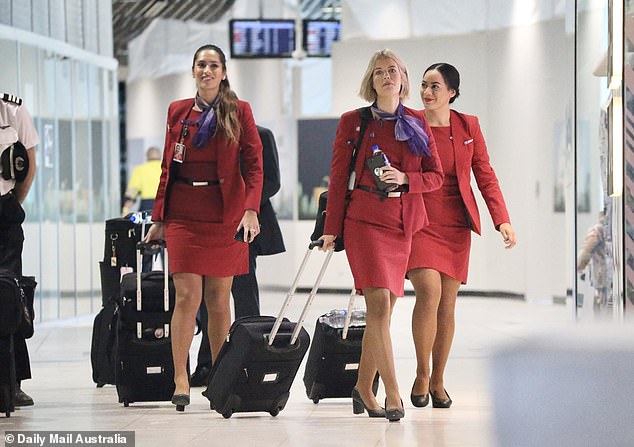
The airline has offered a 15 percent pay increase, but employees are demanding a 29 percent pay increase (file photo)
The union claims members 'sacrificed' to rebuild the airline after it went into administration in 2020, with Virgin allegedly promising they would be better paid and have a reasonable work-life balance if it company would become stable again.
On top of the pay issues, Ms O'Toole said Virgin must work on better scheduling practices to avoid outsourcing work and reduce fatigue during shifts.
“Virgin must demonstrate that they value and fairly reward their workforce, and that they are willing to address the systemic issues that cause burnout and exhaustion in the workplace,” she said.
'The number of near misses due to fatigue has increased, where an accident can cause serious injury.'
